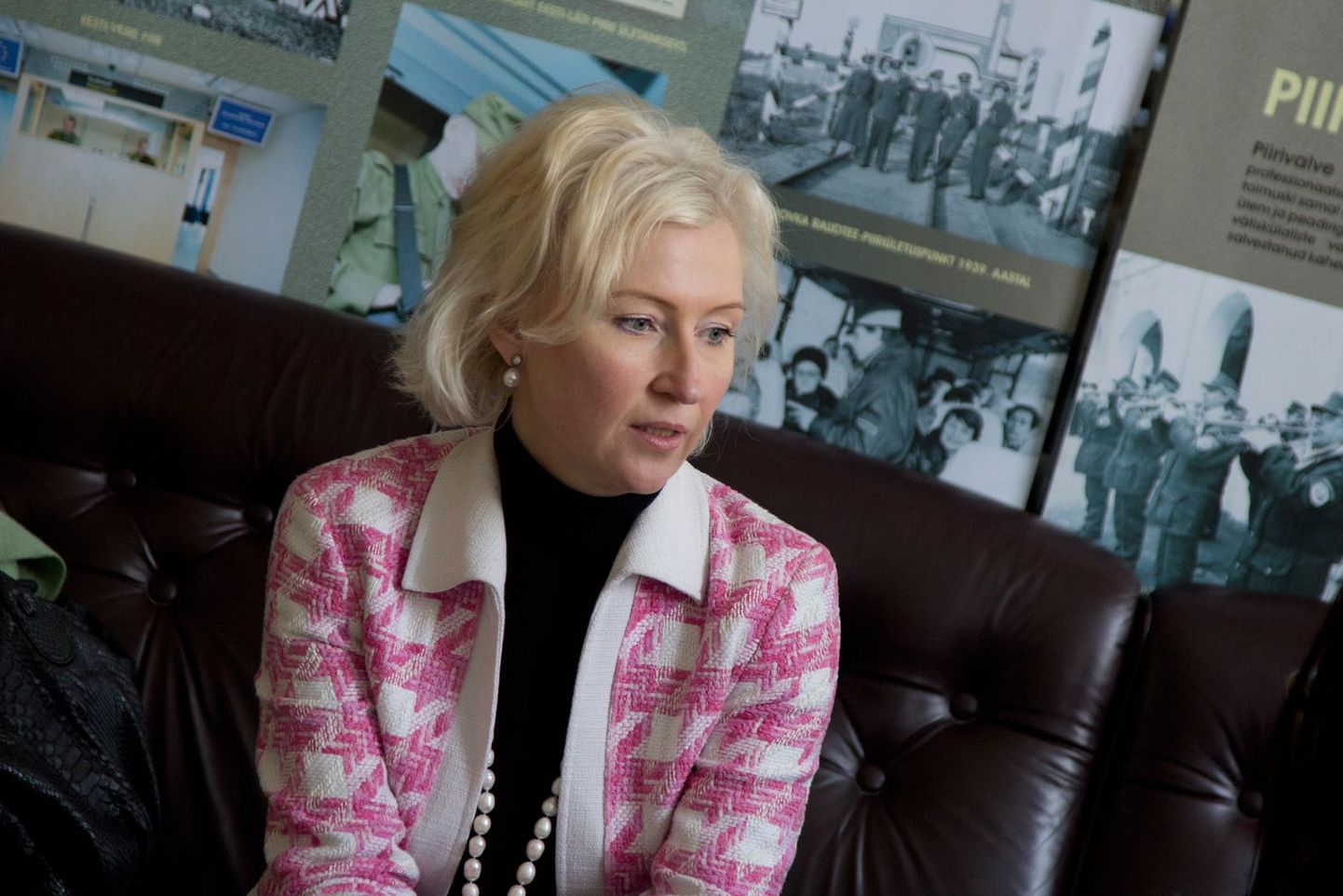
The foreign policy of the European Union is becoming increasingly uniform including policies toward Russia, member of the European Parliament for Estonia Kristiina Ojuland said in an interview with the Russian newsdesk of BNS.

The foreign policy of the European Union is becoming increasingly uniform including policies toward Russia, member of the European Parliament for Estonia Kristiina Ojuland said in an interview with the Russian newsdesk of BNS.
"A uniform policy toward third countries, Russia included, is one of the EU's priorities. Compared with what was say ten years ago, the situation is of course much better now. It has especially improved since the creation of the European foreign service," Ojuland said.
"This structure has been active for about two years and it's a bit premature to expect it to do the same work as an ordinary ministry of foreign affairs. But we're constantly moving towards improving the coordination of EU member states' foreign policies including those towards Russia," she added.
Ojuland said many processes in the EU take longer than she likes. "But in a way that's understandable, because the EU is formed of 27 sovereign states which have their own interests, and therefore finding common ground takes more time. We have to be internally prepared for this."
As far as Russia is concerned, the EU policies have become much more coherent. "In the context of the World Trade Organization, for example, it's hard to imagine EU member states having individual positions, which goes to prove that, given strong political will and interest, the EU is capable of developing a common policy," said the Estonian MEP who is a member of the European Parliament's committees for foreign affairs and EU-Russia parliamentary cooperation.
"With regard to other aspects of the relations with Russia, such as negotiations towards a new EU-Russia strategic partnership agreement, positions of EU countries are increasingly discussed and coordinated first at the union's level and only then put forward at talks with the Russian side. In the European Parliament too greater unity of views on the topic of Russia is in evidence," Ojuland said.
The interview was conducted in Russian on April 5.